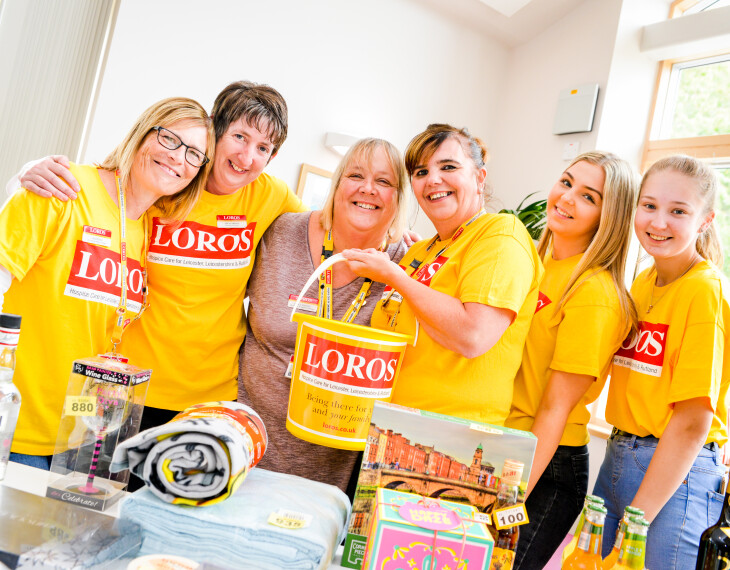We really value your support and want to keep in touch about the difference it's making
Sign up to receive email updates
Our research as talked with health professionals and with bereaved families about these experiences and found that this is can be a very complex process both practically and emotionally.
A summary of the research with family members can be seen here.
The key messages for practice are:
1. Practitioners need to anticipate that family may:
Realise for the first time that their loved one is going to die
Think that they are dying now (this may not be true)
Think these drugs actually end life (this is not their intention)
Anticipatory communication around these three areas is very important to avoid misunderstandings and help people with their concerns and distress.
2. Family need more guidance about looking after a sick and dying person. This should include offering opportunities to discuss:
What commonly happens as a person enters the last days of life and what dying is like
What symptoms people may have and what medications can do to help
When and who to ask for help
3. Explain what to do with the medications after the person has died.
As a result of our research a patient and family information leaflet has been developed.
C Faull, A Pilsworth, K McEvoy, H Hughes, A Patterson. A mixed methods exploratory study of family experiences of anticipatory injectable medicines at home: “It’s a really good idea but it’s just implementing it” medRxiv 2022.06.29.22276695 (pre-print) doi:10.1101/2022.06.29.22276695
Faull C, Windridge K, Ockleford E, Hudson. Anticipatory prescribing in terminal care at home: what challenges do community health professionals encounter? BMJ Supportive and Palliative Care 2013: 3:91-97
Pollock K, Wilson E, Caswell G, Latif A, Caswell A, Avery A, Anderson C, Crosby V, Faull C. Family and health-care professionals managing medicines for patients with serious and terminal illness at home: a qualitative study. Southampton (UK): NIHR Journals Library; 2021 Aug. PMID: 34410684.
